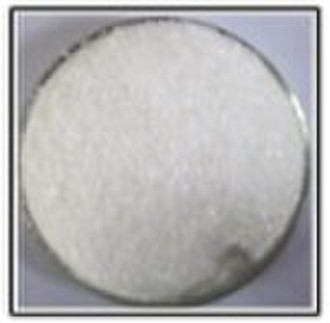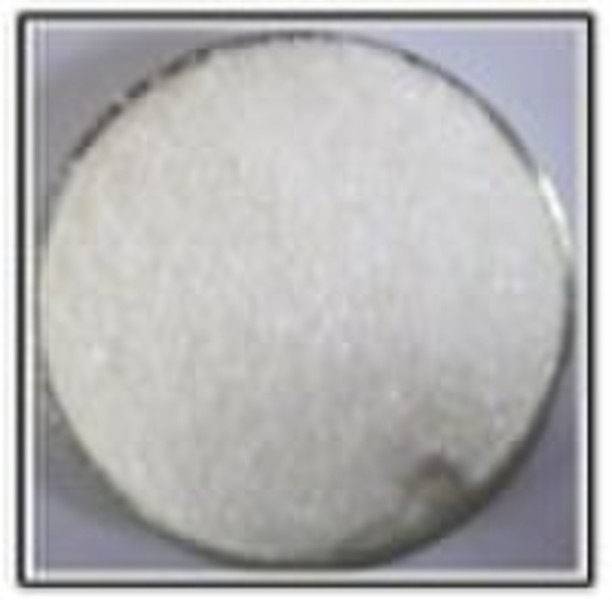Catalog
-
Catalog
- Agriculture
- Apparel
- Automobiles & Motorcycles
- Beauty & Personal Care
- Business Services
- Chemicals
- Construction & Real Estate
- Consumer Electronics
- Electrical Equipment & Supplies
- Electronic Components & Supplies
- Energy
- Environment
- Excess Inventory
- Fashion Accessories
- Food & Beverage
- Furniture
- Gifts & Crafts
- Hardware
- Health & Medical
- Home & Garden
- Home Appliances
- Lights & Lighting
- Luggage, Bags & Cases
- Machinery, Hardware & Tools
- Measurement & Analysis Instruments
- Mechanical Parts & Fabrication Services
- Minerals & Metallurgy
- Office & School Supplies
- Packaging & Printing
- Rubber & Plastics
- Security & Protection
- Service Equipment
- Shoes & Accessories
- Sports & Entertainment
- Telecommunications
- Textiles & Leather Products
- Timepieces, Jewelry, Eyewear
- Tools
- Toys & Hobbies
- Transportation
Filters
Search
Salicin White Willow Ectract

Bruce Zhang
Contact person
Basic Information
| Packaging | Drum |
|---|---|
| Place of Origin | Shaanxi China (Mainland) |
| Grade | First Grade |
| Brand Name | XIAOCAO |
| Model Number | 98% |
| Type | Herbal Extract |
| Form | Powder |
| Part | Bark |
| Extraction Type | Liquid-Solid Extraction |
Name: Salicin(White Willow Ectract salicoside) Category: Ingredients Effectiveness: Antisepsis and anti-inflammationPlant original: Salix alba L.Specifications: 98% Saliciin by HPLCMolecular Formula: C13H18O7Molecular Mass: 286.29CAS No.: 138-52-3 Indications and Uses Salicin is closely related in chemical make-up to aspirin and has a very similar action in the human body. When consumed, it is metabolized to salicylic acid. Salicin safely be taken long-term at recommended doses. Higher than commonly recommended doses of this herb can cause stomach upset, nausea, or tinnitus (ringing in the ears). If any of these reactions develop. Stop taking the herb. Avoid white willow bark, which can irritate the stomach, if you are sensitive to aspirin, or if you have an ulcer or other gastrointestinal disorder. As with aspirin products, never give white willow bark to children or teenagers under age 16 with symptoms of the cold, the flu, or chicken pox. Although white willow bark is unlikely to cause the rare but potentially fatal condition called Reye's syndrome in such cases_it is metabolized differently than aspirin_the similarity to aspirin is close enough to warrant caution.Safety concernsBecause white willow bark contains salicylates, the same precautions as aspirin should be taken until research has shown otherwise. The following people should not take white willow bark:People with an aspirin allergy or sensitivity. There has been a published report of a 25 year old woman who was admitted to emergency with anaphylaxis after taking 2 capsules of a weight loss supplement that contained willow bark. The patient had a history of allergy to acetylsalicylic acid. No other possible causes for anaphylaxis were identified in that patient.People with peptic ulcer disease or kidney disease.The herbs ginkgo, vitamin E, and garlic may increase the risk of bleeding if combined with white willow.People with hyperuricemia, gout, and asthma.Children and teenagers, especially with flu-like symptoms, chicken pox, or Reye's syndrome.Pregnant or nursing women. White willow bark should be avoided two weeks before or after surgery.
Delivery terms and packaging
Packaging Detail: 25kg in fiberboard-made pail attached with paper or polyethylene bag inside Delivery Detail: 25kg in fiberboard-made pail attached with paper or polyethylene
Port: China main port
Payment term
Documents Against Payment
Letter of credit
Telegraphic transfer
Western Union
-
Payment Methods
We accept:









